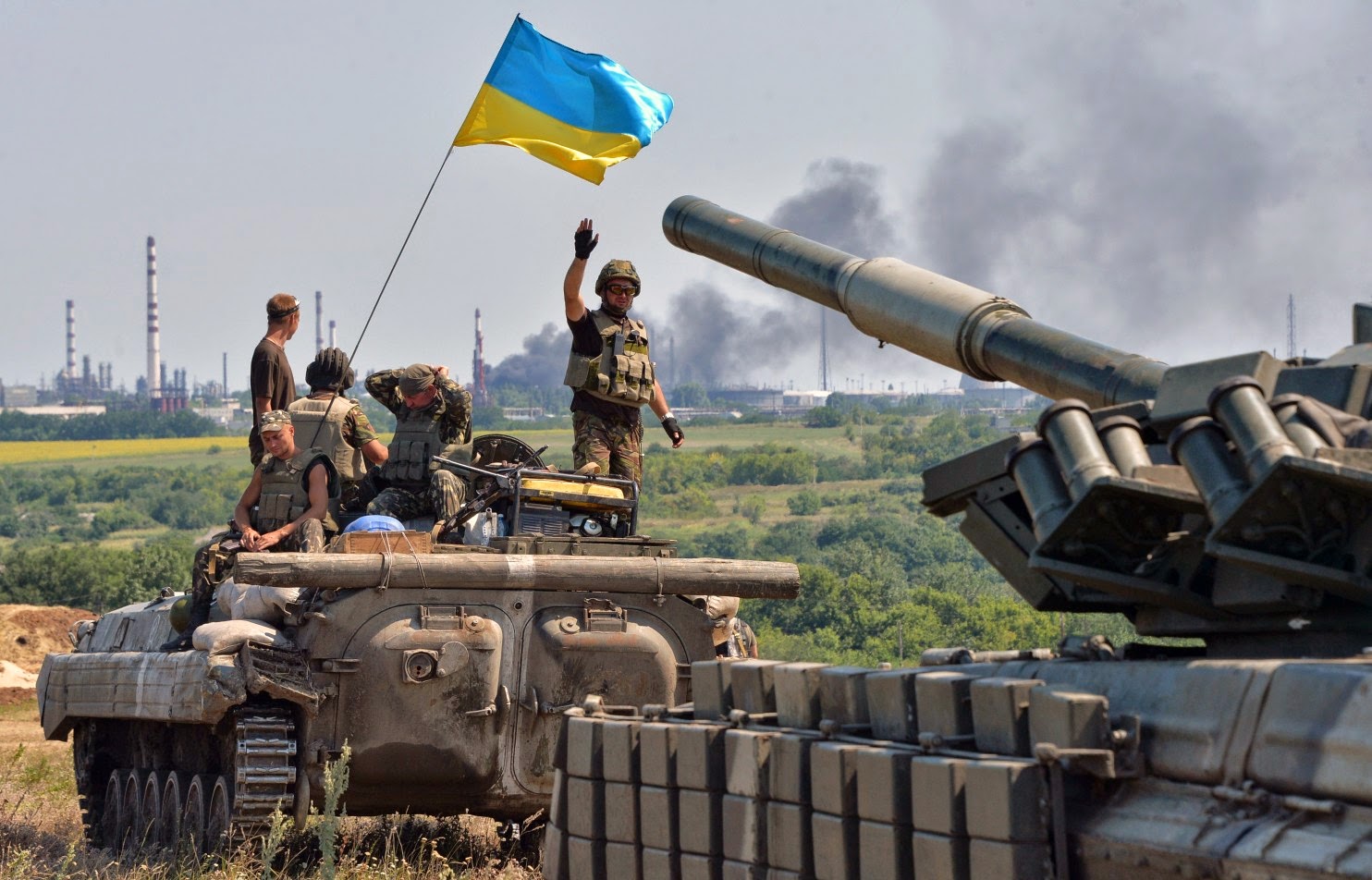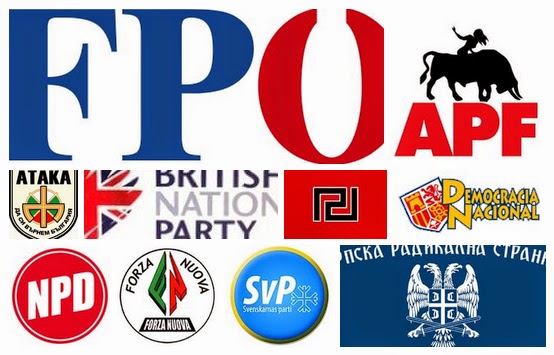An EU advisory mission will work with the Ministry of Internal Affairs of Ukraine to help reform Ukraine’s police to meet the standards of the European Union, the DW publication reports, November 28.
The reform of the internal security forces in Ukraine is reaching a new level. On Monday, December 1, an EU advisory mission will begin work on reforming the Ministry of Internal Affairs (MIA). The mission already employs 40 experts and plans to hire 30 more in the near future. This question is central to the coalition agreement (by the five parties in the Verkhovna Rada — Ed.) signed on November 21. The EU reports that its experts have begun their work by doing a thorough analysis of the existing situation and the available resources — both financial and in the area of workforce expertise and professionalism.
The government has already developed and approved a development strategy for the internal security forces as well as a concept for their reform. Yevhen Zakharov, chairman of the MIA Expert Council, says the plan calls for the creation of eight groups that will formulate an action plan based on (the EU) documents, as announced by the Interior Ministry press service on Tuesday, November 25.
EU Requirements
Although the Association Agreement between Ukraine and the European Union contains provisions dealing with the rule of law, the document does not set specific requirements for police reform. It outlines only the general conditions for democracy, respect for the rule of law, human rights and freedoms, and the absence of discrimination. Under the agreement, the two sides are to strengthen their cooperation in combating international crime.
Victor Reuter, the spokesman for the EU mission, explains that public service is the key standard considered by the EU “The police and the courts need to be in the service of the people,” he says, listing the basic requirements: impartiality, fairness, openness, transparency, accountability, professionalism, respect for the law. The ultimate goal is to reform everything is such a way that people have trust in law enforcement, he points out.
The second goal is to fight corruption. “It is everywhere, in everything we encounter. It is systemic here. Maybe it’s the culture in this part of the world,” he says with amazement. However, he also points out that many other countries have faced the same problem.
Michael Schrage, advisor on traffic police issues in the EU mission, speaks of the need for decentralization and coordination of tasks at the various ministry departments, where there is currently much overlap and duplication. “We base our work on the European standards, where responsibility and competence are delegated to the oblasts and districts,” he says.
Ryszard Kalisz, Poland’s former Minister of Internal Affairs, welcomes the Ukrainian government’s decision to seek the help of the EU mission. In his view, reform efforts should focus especially on creating an anti-corruption system and a clear separation of the competencies and powers between the various department of the MIA.
Reforming the structure or the substance?
The (Verkhovna Rada) coalition agreement anticipates the conversion of the militia into the national police, which would include the public safety police, criminal and court police, and special assignment units. In addition, the agreement foresees the addition of the border and immigration departments, the National Guard, and the service for extraordinary situations.
It should be mentioned that the creation of a single special purpose unit is one of the more important reforms under consideration. Recently, there were more than a dozen special service units in the MIA structure. Current plans call for merging the patrol-guard unit with the state inspection unit to create a single patrol service. An experiment along those lines was launched on Wednesday, November 26, in Khmelnytsky. According to MIA Deputy Minister Serhiy Yarov, 53 police officers are participating in the initiative. Michael Schrage believes this is a positive development, as it can lead to “more efficient operations, the merging of resources and the joint execution of tasks, which often overlap.” The EU mission will oversee this pilot project.
Kalisz considers the structural reforms not as important at present. “One of the key aspects of reform is the public control over police, which has a natural tendency to expand its powers and functions. The appropriate oversight significantly decreases the possibility of violations of human and civil rights,” he explains.
A similar opinion is also held by Volodymyr Polishchuk, the former head of the MIA press service. “The structure is important, but for me the real reform will begin when, for example, the Kyiv police has eight candidates for one vacancy, as is the case for Warsaw police,” he says. Polishchuk welcomes the reforms and agrees that the structure should be the best one possible that does not divert significant resources. “However, when you remove the negative elements — corruption, low pay, absence of social security — then even under current conditions the work of the police can be improved significantly,” he says.
Demilitarization of the Ministry of Internal Affairs
The MIA and the EU mission agree that one of the main principles of reform is the demilitarization of the agency. The coalition agreement also views the MIA as a civil authority but states that it should include the National Guard as a “military formation in the MIA system with law enforcement functions.” Michael Schrage points out that the practice ( of military police) can be found in several countries in the EU. In France, for example, it is called the gendarmerie; in Italy, the Carabinieri.
On the other hand, Kalisz, who was one of the organizers of similar reforms in Poland in the ’90s, says that he is against military units within the MIA structure. However, he admits that the current Ukrainian reality differs from the Polish one. The National Guard was formed on the basis of internal troops after the victory of the Revolution of Dignity and included activists from Maidan. Now it is carrying out assignments within ATO (Anti-Terrorist Organization).
Polishchuk explains that the police do not have military rank but are civilians. “If a police colonel, for example, is called into the armed forces, he can come in as a private or a sergeant. In other words, these are special but non-military achievements ,” he notes. In his view, “irregular working hours and subordination are the factors that create the illusion that the police is paramilitary.” This is why the key factor for demilitarization is a change in the organization of work. “Create regular working hours, clear conditions of work under contract — for example up to 16 hours, as abroad. If the individual is called to work, he is to be paid extra money. This would be a truly civilian way of organizing,” he said.
Polishchuk concludes that reform will not be effective without parallel changes in other structures: the Security Service, the judiciary, the prosecutor’s office. “When you begin reforms you also need to inform people about the possible deterioration of the criminal situation, when they dismiss the old but the new ones are not trained yet,” he concludes.







